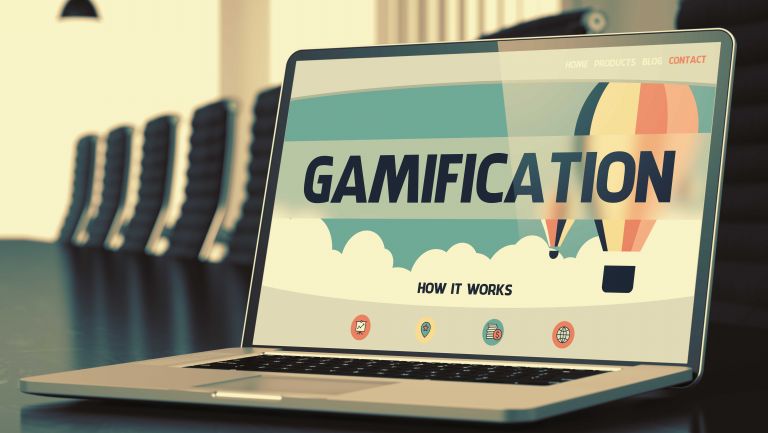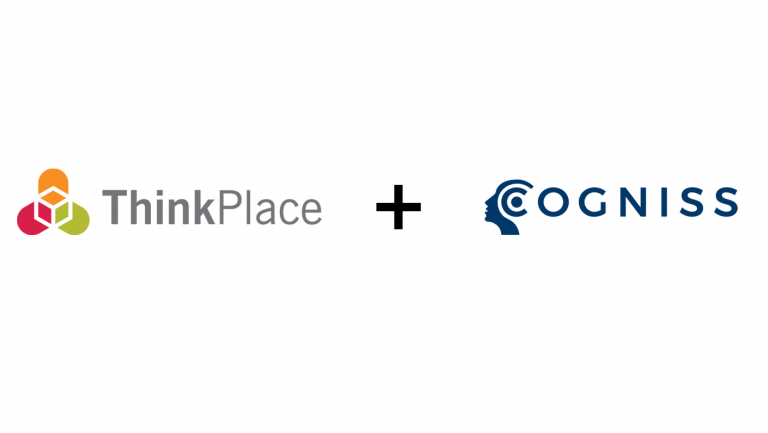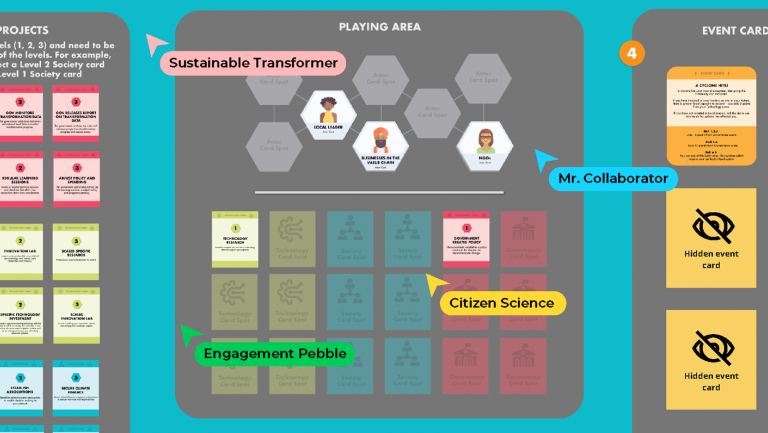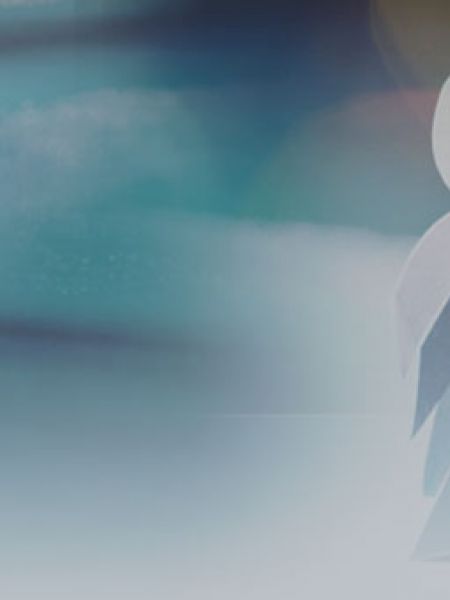Sign up for our monthly newsletter

Six ways to stop your workplace catching a cold this winter…
It’s that time of year again.
When the air of your open-plan office reverberates with coughs and sneezes. When the slog of the financial year’s end has depleted reservoirs of sleep and energy.
When, if a workplace doesn’t actively care for a team’s health and wellbeing, you can watch helplessly as colleagues disappear around you, stricken by all manner of flus, colds and viruses.
Subsidised flu shots are a staple at many workplaces (and at ours). But what more can organisations who care about both their people and their productivity do to ensure a healthy workforce makes it through the mid-winter blues?
ThinkPlace Head of High Performance John Fowlie says there is plenty. As a former Australian Swim Coach of the Year, who coached Alicia Coutts to Olympic Gold, the challenge of keeping our team of designers in rude health is approached similarly to the task of managing a squad of would-be Olympians.
“At ThinkPlace we try to build a high-performance culture,” he says. “We treat our employees as an elite team, just as we did when I worked in swimming. And it’s our job to help make sure they are healthy and ready to perform.”
‘’There are so many lessons we can take from the high-performance culture of elite sport.”
All of us experience times when we are run down or engaged in a more intensive period of work. Maybe sleeping less than we usually do.
At ThinkPlace we specialise in helping create high-performance culture in workplaces. That starts with our own. And a key part of instilling a culture that borrows from elite sport is making sure members of your team are healthy and cared for.
CONTACT US TO START BUILDING YOUR OWN HIGH PERFORMANCE CULTURE
Times of stress evoke a response in the immune system that can lead to increased vulnerability. Travelling for work and being exposed to changes in climate, new people and the shared air of airline cabins is also a risk factor.
This winter, ThinkPlace has installed “illness prevention packs” in its studios, based on the protocols of the Australian swimming team during times of high stress and risk of illness.
The main aim of the Illness Prevention Pack is to encourage effective self-management of minor illness. We are not doctors, obviously. If you need medical assistance, you should seek it from a professional. Medical advice should be obtained as soon as possible after the onset of symptoms as there may be additional measures to be taken to ensure optimal recovery. Not only that, illnesses that appear minor could, in fact, be related to something more serious.
The prevention packs contain concentrated vitamin C and zinc supplement tablets (along with guidance on safe daily doses). They also feature hand sanitizer.

These products are all non-prescription items which are safe to take provided they are taken as directed.
1. Prevention
It’s better than cure, right? Be extra vigilant at times like these, when others are likely to be carrying minor illnesses. Use anti-bacterial hand wash pump pack after handling items, particularly prior to eating. Use and dispose of tissues appropriately. Use a saline nasal spray in dry environments (for use in air-conditioned rooms and on flights).
2. Early Intervention
It starts with the tickle in your throat. Then the runny nose. Before you know it you are suffering at your desk and exposing colleagues to whatever it is you’ve caught or stuck at home in bed feeling lousy. But intervening at the first sign of symptoms (or even before if your immunity is compromised and you are at high-risk of illness), can have a positive impact on reducing the length or severity of any symptoms. When you feel a tickle in the throat, runny nose or nasal congestion (or have close contact exposure to a virus) supplement with:
- 50mg Zinc (1x25mg tablet twice a day)
- 1000mg Vitamin C per day (1x500mg tablet twice a day)
3. Rest
The best thing you can do when you feel an illness coming on is to get some extra sleep. While this may not be possible for everyone due to individual circumstances and might seem difficult to prioritise, taking the time to rest at the early stages an illness will save everybody in the long run. At ThinkPlace we encourage staff to contact project managers and studio leads or reach out to the workplace experience manager or high performance coach for support if they are feeling burnout approaching.
4. Travel
This can be a hidden cause of workplace sickness. In businesses where employees regularly travel they are exposed to new people and environments, often at times when they are stressed or tired and immunity is compromised. At ThinkPlace we are using Humidiflyers as additional support for team members travelling overseas to help protect their health in dry environments such as planes and hotel air-conditioning. These filtered masks are designed for air travel. They trap expired moisture from your breath. When you breathe in, that moisture is used to humidify the dry cabin air.
5. Exercise
We all know it’s important to stay active if you want to stay healthy but when work gets busy and deadlines gather it can be easier said than done. At ThinkPlace we’ve instituted a regular walking group and encourage 'walking meetings' when possible. Getting a bit of fresh air, sunshine and exercise are especially beneficial for your mental health in winter.
6. Reconnect and recharge
All workplaces have times of intensity. For swimmers it’s the leadup to a big meet. For others it might be the completion of a massive, long-term project. At ThinkPlace we know that the end of each financial year is a busy period where workload and productivity spike for a limited period of time. When that period ends it is important to build in opportunities to rest, recharge and reconnect. For us, that includes a yearly team day in early July. We all take a break from our regular work to reconnect through shared activities. This year we took a crash course in film-making, took part in a mass tree-planting and then all joined together for a team dinner.Not your average Friday at work!






